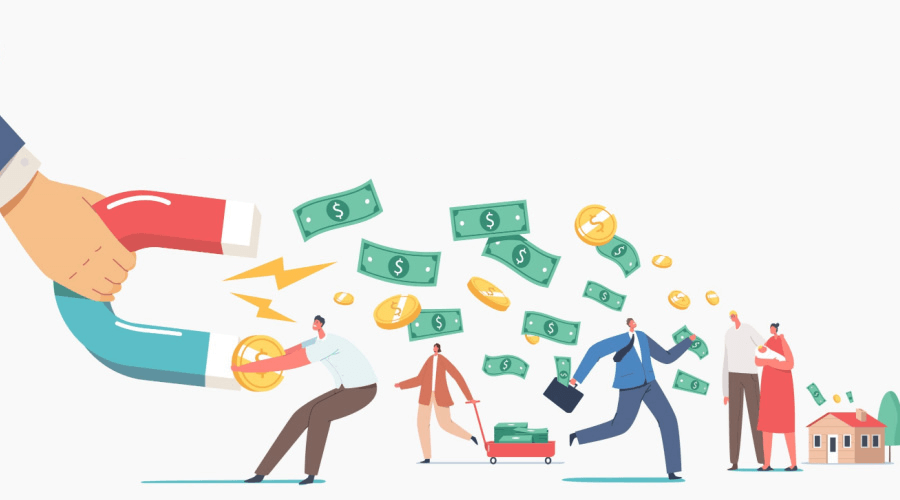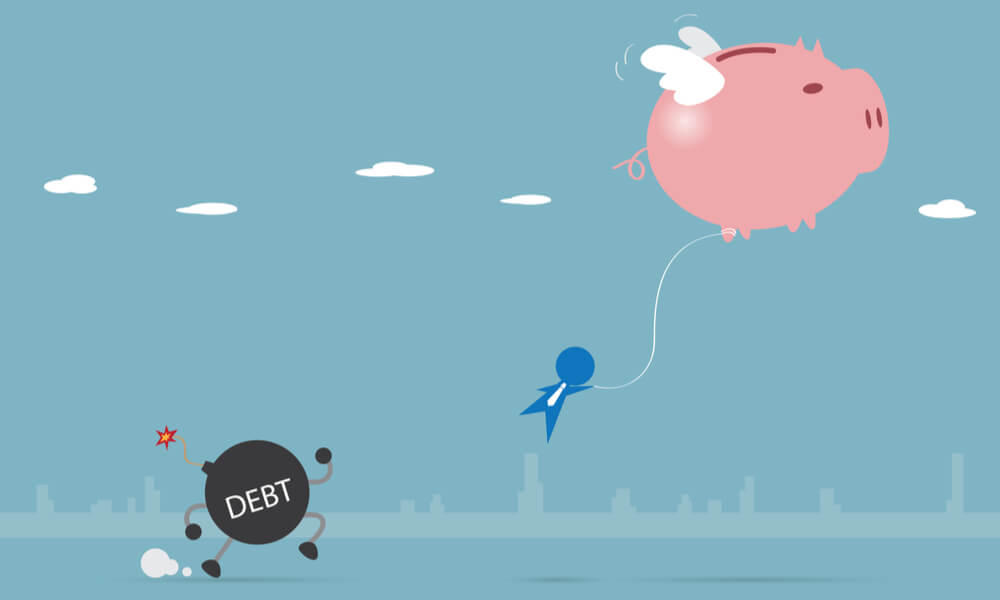Debt is something that most people encounter at some stage of life, but when not dealt with responsibly, it can become almost impossible to escape from.
In this article, we discuss how to avoid debt in the first place, how to prevent debt from becoming out of control and how to get out of debt if it’s too late. If you’re considering taking out a loan or are feeling like you’re struggling to keep up with your debt repayments then read on to find some valuable solutions to help to get out of debt.
How to avoid debt in the first place
Let’s start off by discussing how to avoid getting into debt in the first place. Being savvy with your money is an awesome skill, but it’s not always so easy. So here are some tips to help you on your way.
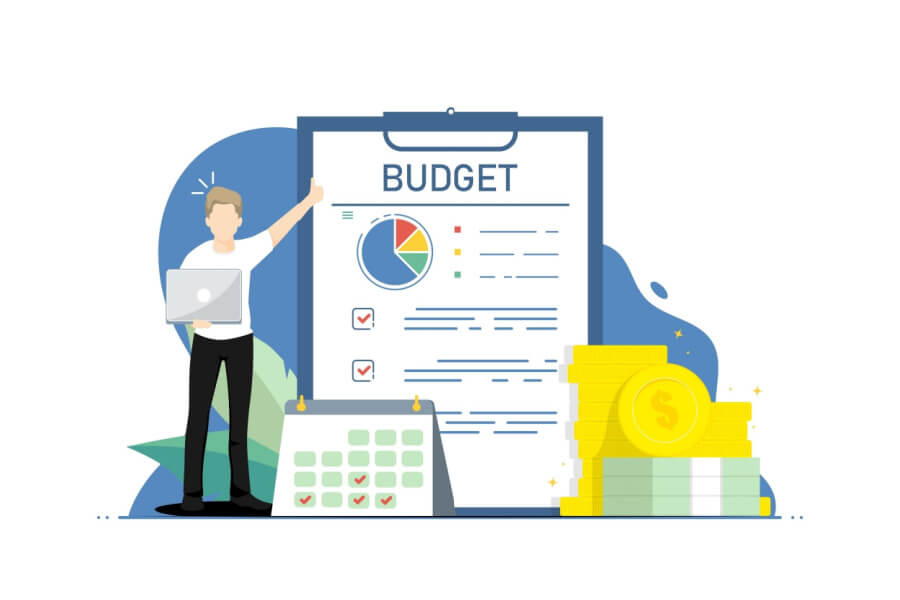
Create a budget
First things first, you should always start by creating a budget. Everyone should create a budget, whether in financial trouble or not.
- Budgeting is a great way to take control of what’s coming in and going out and is essential when making plans with your money. There are many budgeting apps available to download to your phone, Forbes breaks down the best budgeting apps for Australians in 2023 here but we highly recommend taking advantage of the Free Just Budget Planner here which you can do on desktop or mobile. If you’d prefer to go through your budget with an expert then you can also call Just Budget on 1300 795 775.
- An effective budget adds up your total income and then breaks down all of your expenses. From fixed expenses such as mobile phone plans, gym memberships and Wi-Fi bills to variable expenses, such as groceries and fuel. If you already have debts, then these can also be factored into your budget.
- From here, you can see how much money you are left with each week. Then you can budget further to allocate how much leftover money can be put towards savings and how much to use for spending money, including dining out, shopping for clothes and leisure activities. If you have little or no money remaining after bills then you will be able to look more closely at your budget and determine which bills, if any, can be cut back or whether you need to find a way to increase your income to avoid going into debt. For more information on how to create a budget, read this blog with smart ways to budget money better.
- If you already have loan commitments and are wondering how to get out of debt then a budget is also always the first place to start. It’s such a simple, yet effective tool if done right.
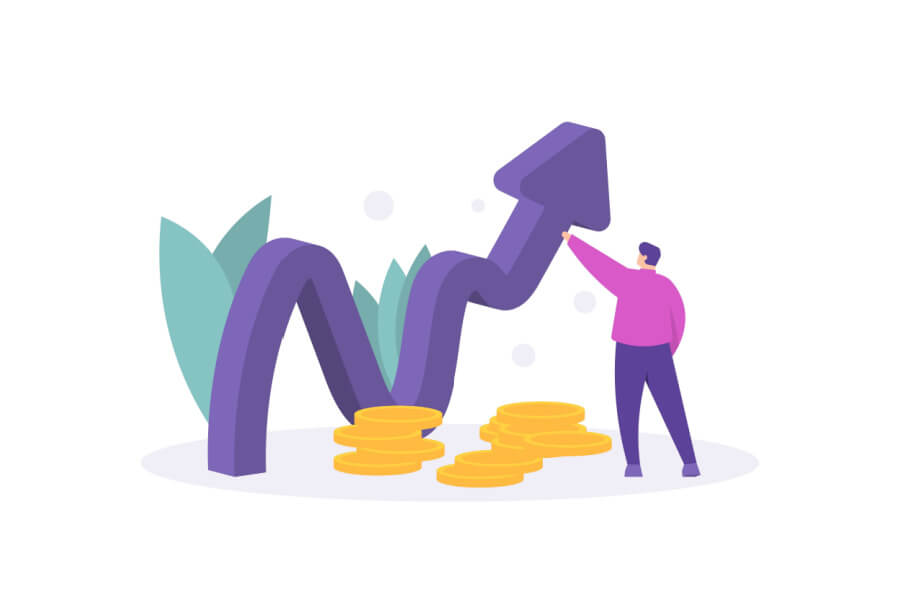
Increase your income
This is an obvious one, albeit not always possible. If you’re getting to a point where you’re struggling to get by each week or need a cash influx to cover medical bills, a holiday or a car, then it could be a good time to explore new income streams before you give in to the temptation of taking out a loan.
- After working out a budget and determining how much extra income you need to survive is there a way you can stretch your income?
- Consider taking on a part-time job or selling unwanted items to generate additional income to give you some breathing room every week or to help you pay off any existing debts.
- Perhaps you could do freelance work on the side of your main job, or while you’re looking after the kids if you’re a stay-home parent. Learn the steps to start a successful side hustle here and if you don’t know where to start, here are 10 great examples of side hustles that could work for you.
- If you are determining how to get out of debt, increasing your income is an obvious way to achieve this.
Good debt habits to get into
If you are already in a position where you’ve taken out loans then pay attention to the pointers below. It could be the difference between finding yourself deep in debt with a bad credit score and getting yourself back on the straight and narrow.
When wondering how to get out of debt, it’s important to be organised and responsible. Learn good debt habits by following the steps below.
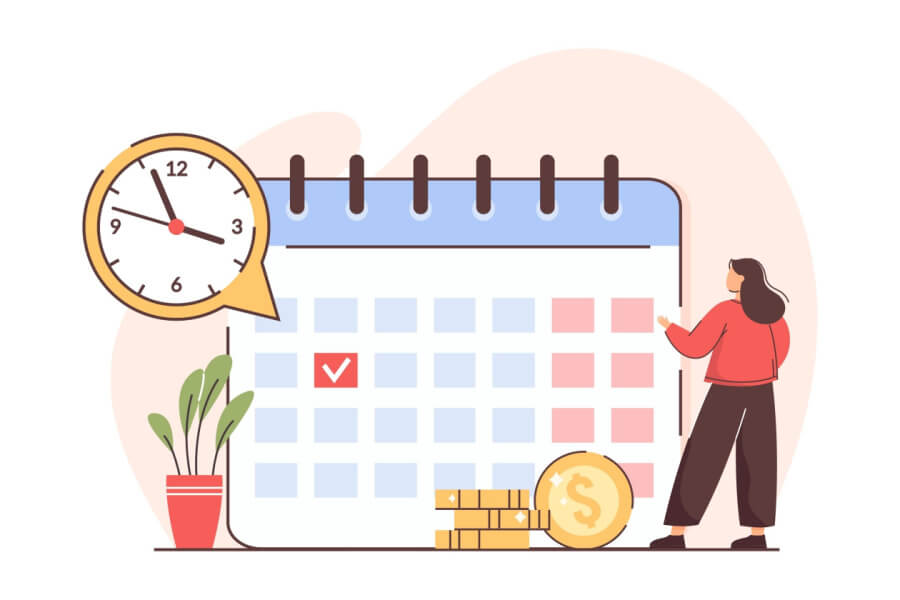
Pay off debts responsibly
Paying off debts responsibly requires a combination of discipline, organization, and a solid plan. Remember to stay committed to your plan and be patient, as paying off debts takes time. With dedication and perseverance, you can take control of your finances and work towards a debt-free future.
- As mentioned above, start by creating a budget with our free online budget planner tool and stick to it. You can create this yourself or if you need help then a specialist from Just Budget can help – 1300 795 775. A budget helps to track your income and expenses. It can also identify areas where you can cut back on expenses to allocate more funds towards debt repayments.
- When looking for how to get out of debt, make sure to prioritise your debts accordingly. It’s a good idea to identify which debt carries the highest interest rate and pay that debt off first. This will help you save money in the long run. It is also important to make note of the repayment dates of each debt. If you have a number of personal loans with different repayment dates then you should prioritise repayments based on upcoming repayments in order to avoid missing any repayments.
- Don’t miss repayments if you want to avoid getting a bad credit score. Not only could having bad credit affect you in the long run, but missing repayments allows debts to pile up, making it difficult to keep on top.
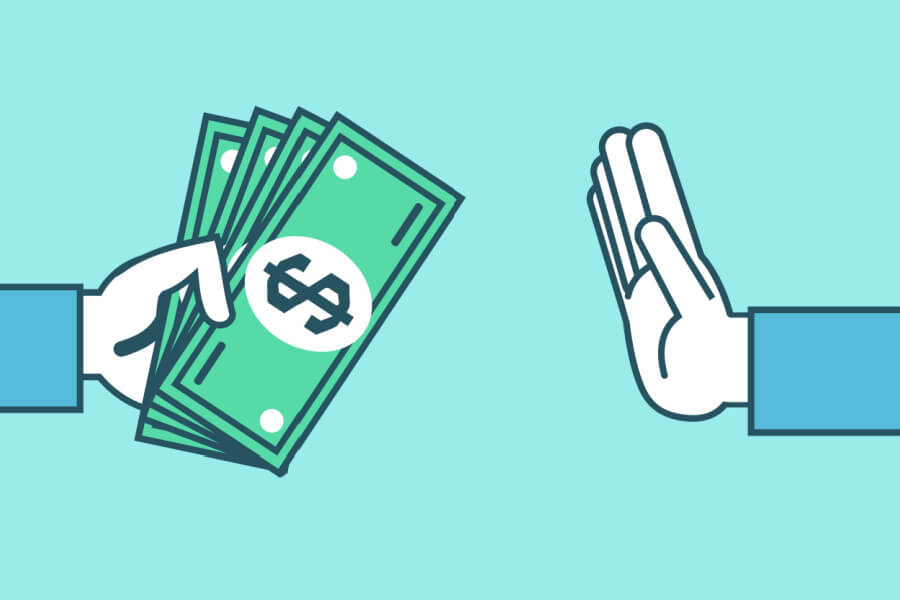
Avoid taking on new debt
While taking on new debts to help pay off other debts is generally a very bad habit that will inevitably result in an avalanche of debt, it also leaves you with credit enquiries on your credit file which damages your credit score.
- In order to become debt free, you should avoid applying for new loans and limit the use of credit cards until you have paid off your current debts.
- If you take on new debts to help to cover existing debt repayments or to fund new expenditures then it’s very easy to find yourself inside a cycle of mounting debt which can very quickly become out of control. Taking on new debts certainly contradicts the question of how to get out of debt.
- Borrowing above your means is a financial situation you want to avoid at all costs. Before long, you will be unable to afford your debt repayments at all and any new loans you try and take out will most likely either be rejected, come with excessively high-interest rates or have to be secured against a personal asset such as a house, car or jewellery which will inevitably be seized if you start to default on repayments.
- Each loan you apply for means another credit enquiry will be stamped on your credit file which damages your credit score, lowering your chance of being approved for finance in the future.
If you have found yourself in a situation where you are unable to repay your debts responsibly or have borrowed money beyond your means, then do not panic. There are options and solutions out there, and support is close by.
Your next actions are crucial ones though, so in order to learn how to get out of debt, pay attention to the steps you can take below.
Tips to become debt free in Australia
If you’re reading this, your next actions are crucial to prevent your financial situation from spiralling out of control. Below are some fantastic, potentially life-changing opportunities to get out of debt.
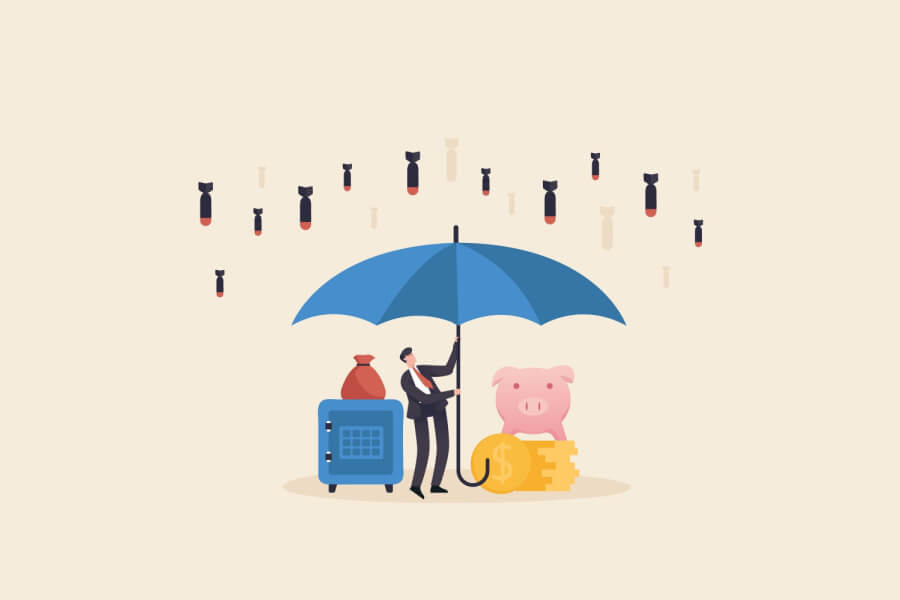
Consider debt consolidation
While technically being another form of loan, debt consolidation is a good solution when looking for how to get out of debt. It provides an opportunity to tie up all your current debts into 1 manageable plan, and you can save money in the process.
- Consolidating your debts into one loan with a lower overall interest rate can make repayments more manageable.
- You can consolidate personal loans, credit card debt and in some cases, even payday loans.
- Debt consolidation is still a form of a loan, so it’s worth noting that you’ll receive a credit enquiry which could dent your credit score in the short term. However, the pros that come along with debt consolidation usually far outweigh the cons. You can find out more about debt consolidation here but these are some of the key benefits of debt consolidation:
- Lower overall interest rate: pay off less over the course of your loan
- 1 repayment date each month: no more confusion juggling different repayment dates
- Only 1 creditor to deal with: your current creditors are taken off your hands since you are under a new finance agreement with 1 company
- No more harassment from creditors: your old creditors will not contact you. Their payment agreement ends once you commence Debt Consolidation
- Clear repayment structure, loan terms and length: the new loan is tailored to suit you
- Fewer fees: fees only apply to the 1 loan, rather than paying fees on multiple loans.
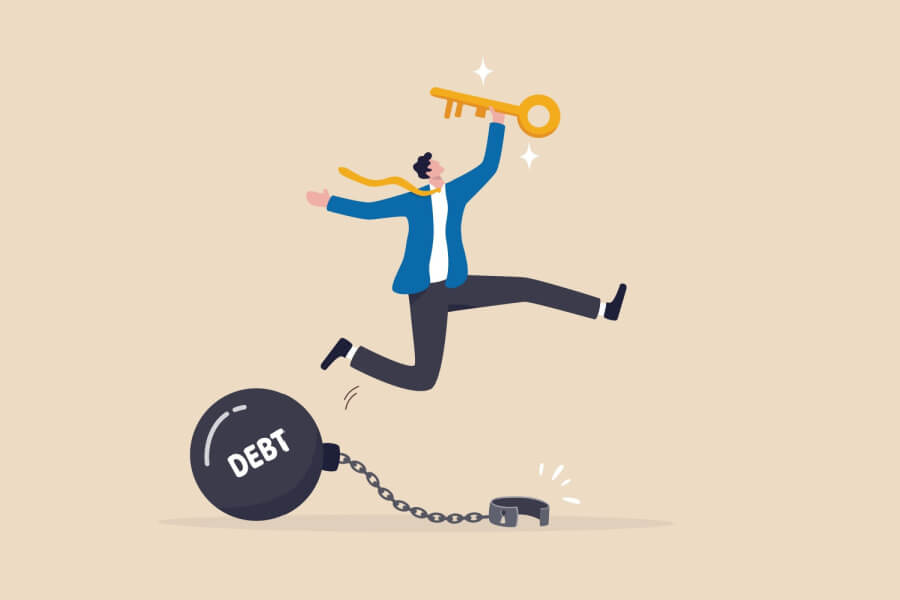
Get debt help with an informal debt arrangement
One of the best ways how to get out of debt is with an informal debt arrangement. This method of debt relief allows you to reduce your debt repayments to an amount that is affordable for you while getting your creditors off your back at the same time.
- If you have multiple debts which are piling up and becoming unmanageable to the point where you don’t have enough money to survive each week, then an Informal Debt Arrangement could be a possibility for you.
- An Informal Debt Arrangement involves a new plan being negotiated with your creditors on your behalf with lower repayments, so that collectively, your debts are lower, to a point where they are affordable and you still have money left over each week.
- In addition to this, your creditors are also taken off your back and are not allowed to contact you after the commencement of the Informal Debt Arrangement. Here’s an example of how it works:
- You get paid $4,000 after tax each month
- The total sum of all your debts is $3,000 per month
- Your living expenses (rent, groceries, entertainment and other bills) are $2,000 per month
- This would mean you are spending $5,000 per month on living expenses + debts but only have an income of $4,000 to cover your outgoings.
- This would leave you with a deficit of $1,000 per month (approx $250 per week).
- Unless something drastic changes, continuing down this path will inevitably lead to an even greater financial crisis, including taking out more loans to help you survive, defaulting on repayments and damaging your credit score, and potentially becoming bankrupt.
- An informal debt arrangement would involve Just Budget first running a budget on your expenses to determine how much you have left over to cover your debts each week.
- Then we would act on your behalf to demand new terms with all of your creditors.
- In this example, your income is $4,000 and your living expenses are $2,000 which would leave you with $2,000 to put towards your debts (we usually also leave an extra buffer in case of emergencies).
- Therefore, your monthly debt repayments will reduce from $3,000 per month to less than $2,000.
- Not only will you be able to live comfortably again, but Just Budget will act as your protector, so any debt repayments are paid directly to Just Budget and in turn, we pay each of your creditors on your behalf.
- An Informal debt arrangement takes away financial stress and gives you control at a time when it may have felt as though all hope was lost.
This is an incredibly effective solution for how to get out of debt. Find out more about the Just Budget 6-step plan to becoming debt-free here.
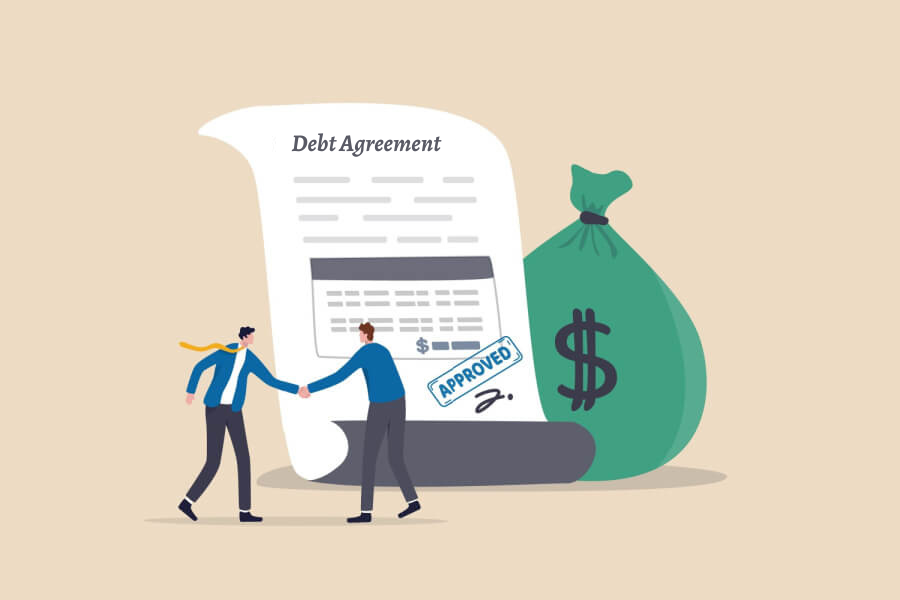
Activate a Part IX Debt Agreement
Otherwise known as a formal debt agreement, this is an effective method of settling debts when you see no other way out but does come with some restrictions.
- A Part IX Debt Agreement is a last resort before bankruptcy. It involves making a formal agreement between you and your creditors to reduce your debt amount down to a figure you can afford.
- Once a figure is agreed upon, it is fixed and once paid off, the debt is wiped altogether. In some cases, debts can be reduced by more than 50% and is, therefore, an excellent method to explore when exploring how to get out of debt.
- Despite the huge opportunity to become debt-free that they pose, it is worth noting that Part IX Debt Agreements do have a few drawbacks:
- They are strictly licenced by the Australian Government. This means that certain requirements have to be met and you must comply with the eligibility criteria. You can find out about the restrictions here.
- Part IX Debt Agreements are listed on your credit file for 5+ years
- Your name will also be on the National Personal Insolvency Index for 5+ Years
- You may not be able to work in certain professions.
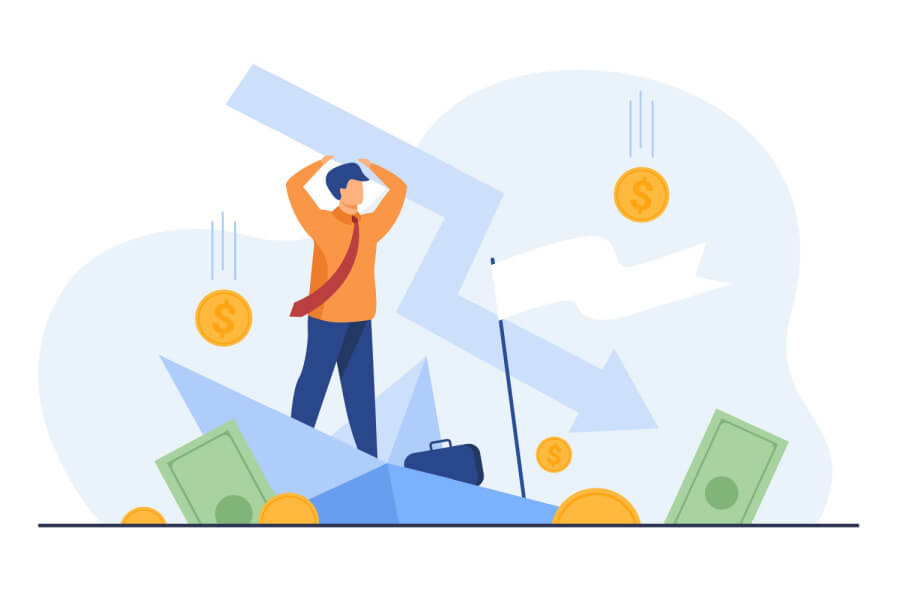
File for Bankruptcy (should always be a very last resort)
Bankruptcy relieves you from your debt commitments entirely, however, this can come at a great personal cost. If you have exhausted all other options and still do not see a way how to get out of debt, then you unfortunately may only be left with bankruptcy.
- The bankruptcy process involves the following 4 main steps:
- Filing for bankruptcy: you’ll need to submit your financial records and other documentation to the court as evidence of your financial situation.
- A pause is placed on current liabilities: from the point of filing for bankruptcy, your current debt commitments will be put on hold, protecting you from further collection actions to give you temporary relief while you sort out your financial situation.
- A bankruptcy trustee is appointed to oversee the case: your financial affairs will be evaluated along with your supporting documents to determine whether you are eligible and which type of bankruptcy chapter will apply to you.
- Debt discharge or repayment: depending on the type of bankruptcy applicable to you, any assets of value could be seized and your debts wiped or you may still be entitled to repay some / all of your debts.
- While in short, bankruptcy means you can start again as fresh, it’s not that straightforward. Being declared bankrupt comes with many lifestyle implications:
- Your credit score will be severely inhibited, with bankruptcy appearing on a person’s file for up to 10 years. After this period of time, you will still need to build your credit score back up again to avoid high-interest rates, loan rejection and other drawbacks that come with having bad credit.
- You may be required to adhere to a regulated budget and attend financial counselling and/or education programmes to help you to develop better financial habits and avoid any further issues in the future.
- You will need to honestly declare that you have been bankrupt if asked by potential employers, when applying for a new lease agreement, possibly when taking out a new phone plan, along with other situations.
- While for some, bankruptcy is the only way to survive and clear your debts after they have spiralled out of control, it is important to exhaust all other options first. Losing assets, having bad credit hanging over your head as well as being on the insolvency register can be detrimental to your quality of life and financial/career opportunities.
How to Get Out of Debt in Australia – Our Recommended Solution
If you are deep in debt and struggling to get by each week then we recommend seriously considering an informal debt arrangement if you are eligible.
It’s a great way to get out of debt in Australia. Find out more about informal debt arrangement debt relief plans below.
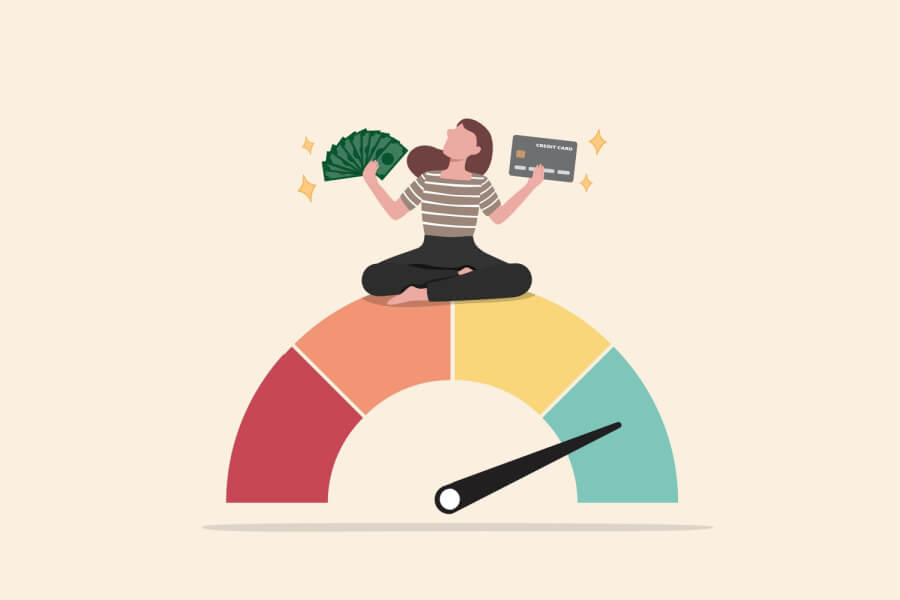
How can a debt relief plan help you to become debt-free?
As mentioned above, one of the best courses of action, if you are eligible, is to enter into an Informal Debt Arrangement and take advantage of a debt relief plan. When looking for how to get out of debt, activating a debt relief plan comes with so many benefits, including:
- All of your multiple loans are combined into 1
- Repayments are tailored to what YOU can afford based on the budget that we create with you
- Your repayment plan is managed and organised on your behalf
- Just 1 repayment is required every week/fortnight or month depending on your chosen repayment frequency
- Your existing creditors will no longer be allowed to contact you
- Your credit score should improve over time after consistent repayments have been made with no dishonours and your total debt balance is reduced.
Just Budget is rated 5* on both Google and Trustpilot for a reason. We have helped thousands of Australians onto the pathway to becoming debt-free.
How can I apply for an Informal Debt Arrangement?
Thankfully, the best way how to get out of debt in Australia actually requires minimal documentation and also very little work on your end.
Applying for debt help with Just Budget is obligation-free and doesn’t show up on your credit file. Apply within 5 minutes and get a same-day response. Here’s how the process works:
- Take a few minutes to apply via our online application form.
- Our team will assess your file and get in touch with you, usually within 24 hours of applying.
- From here, a specialist will talk you through your options and identify how we could help.
- We will work with you to determine your weekly budget so we can see how much you can afford to put towards your debts whilst still living comfortably.
- After receiving a signature from you, we will commence the informal debt arrangement.
- From here on out, we will do everything on your behalf. All you need to do is pay your agreed repayment each week/fortnight/month (whichever custom frequency you selected).
- Your creditors will be contacted by us and your current debt repayments will be frozen while we do so.
- After all of your creditors agree to the new terms, your debt relief plan will officially begin.
- You’ll be safely on the road to becoming debt-free with a repayment plan you can afford and a clear view of your life after debt.
For more information on how our debt relief plans work, follow this link to read the 6-step Just Budget process to becoming debt-free.
Get debt support with Just Budget
If you feel as though any of the above tips apply to you then it’s worth getting in touch with a Just Budget debt support specialist. They will be able to look through your current debt situation and weekly budget and work out an appropriate solution for you.
If you’re seeking assistance on how to get out of debt, then apply for debt help here and get same-day support. Don’t let financial troubles weigh you down, Just Budget can help to get you back on track.




